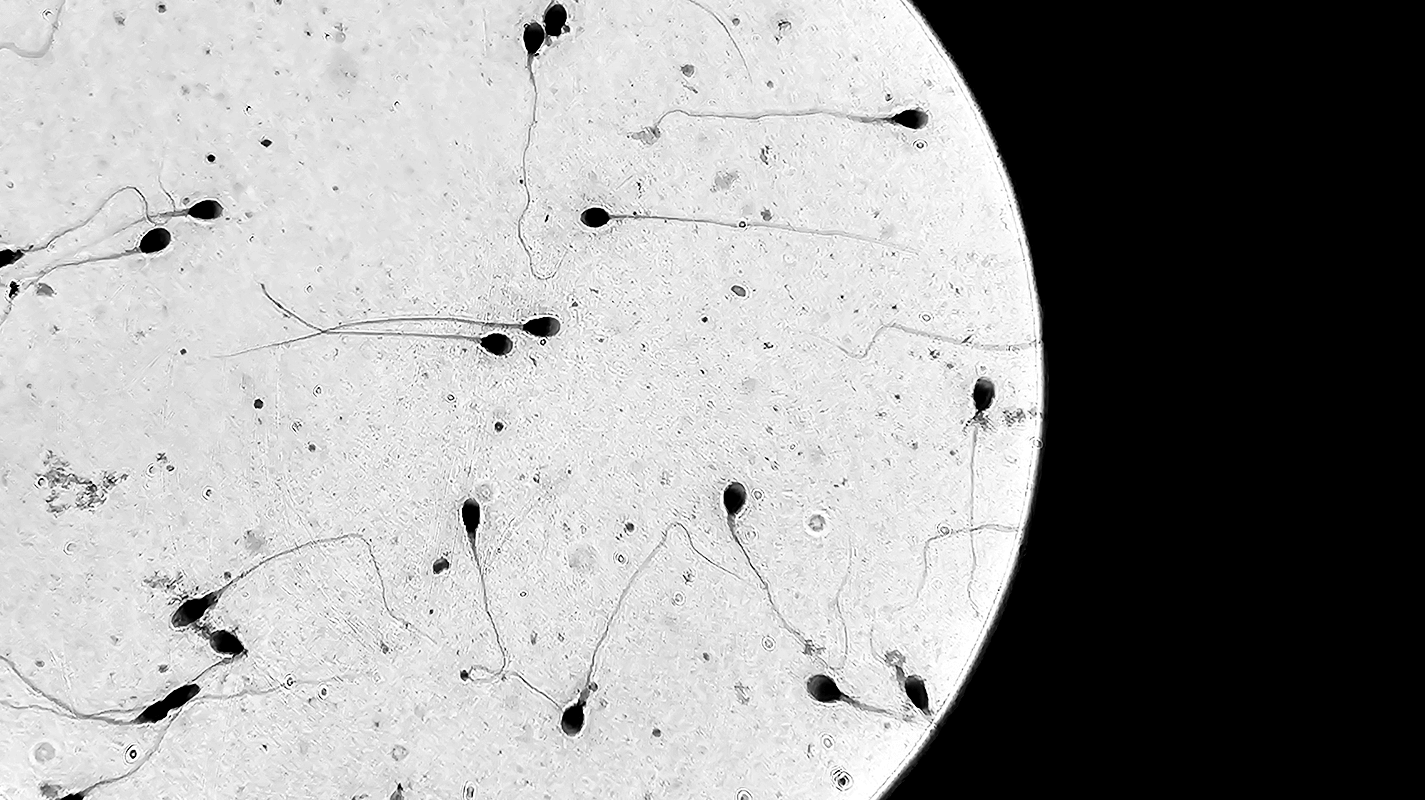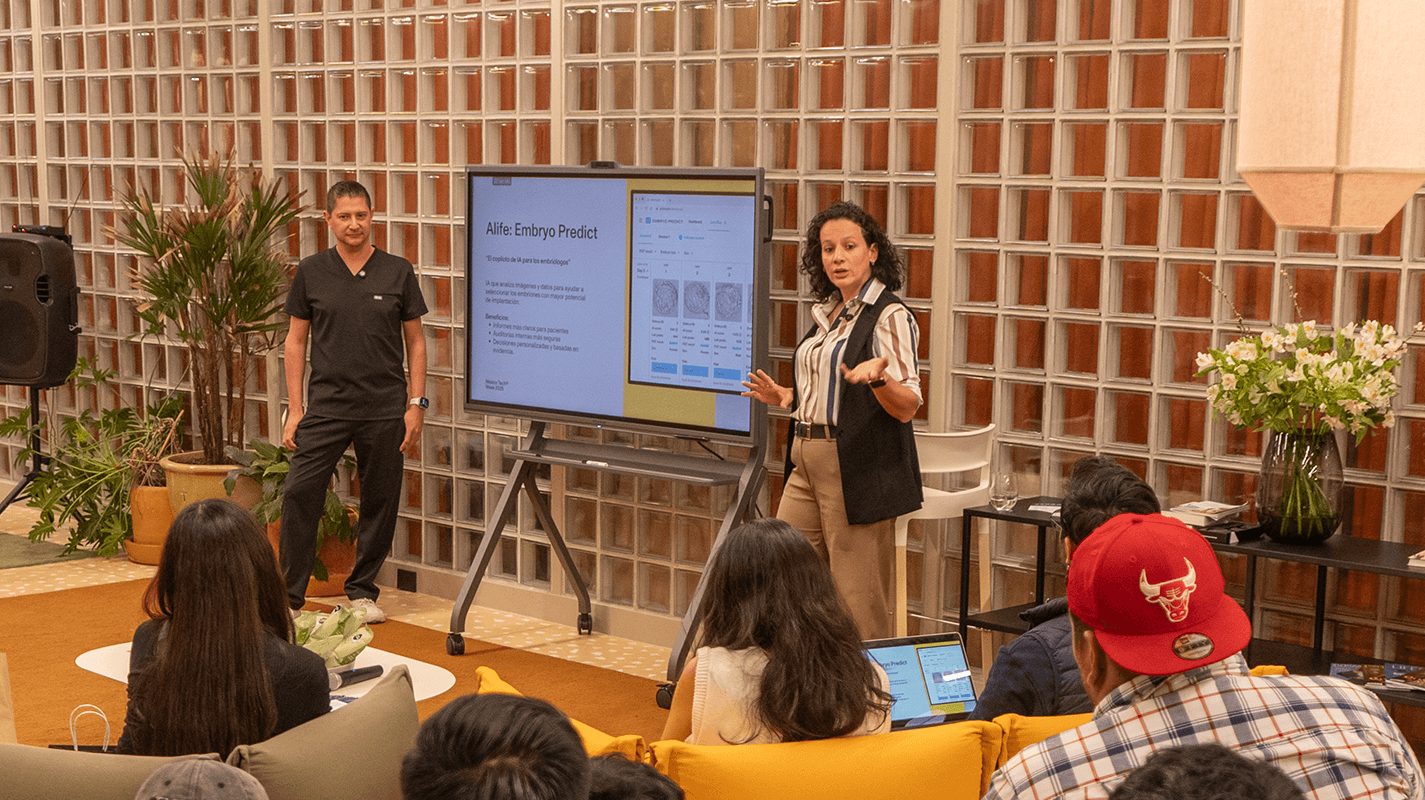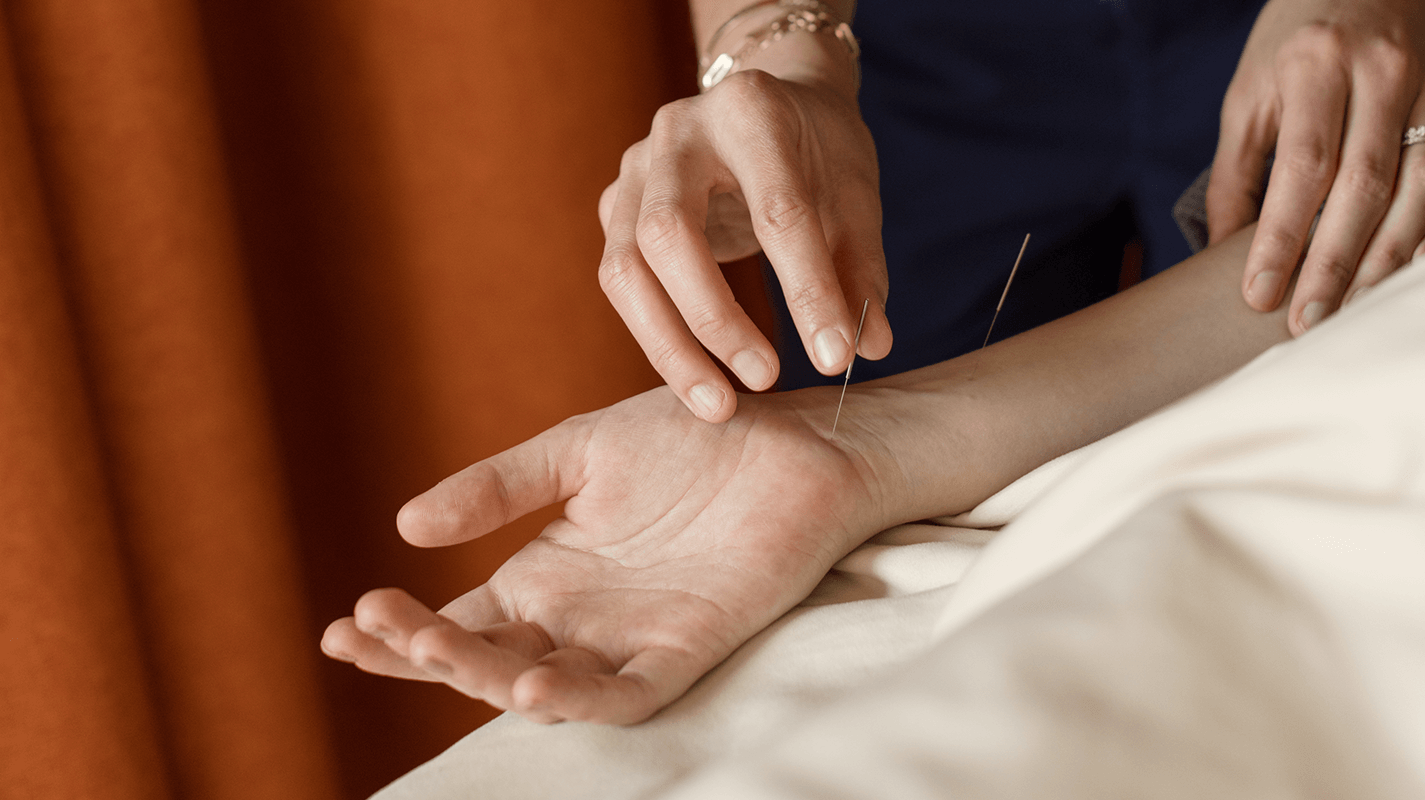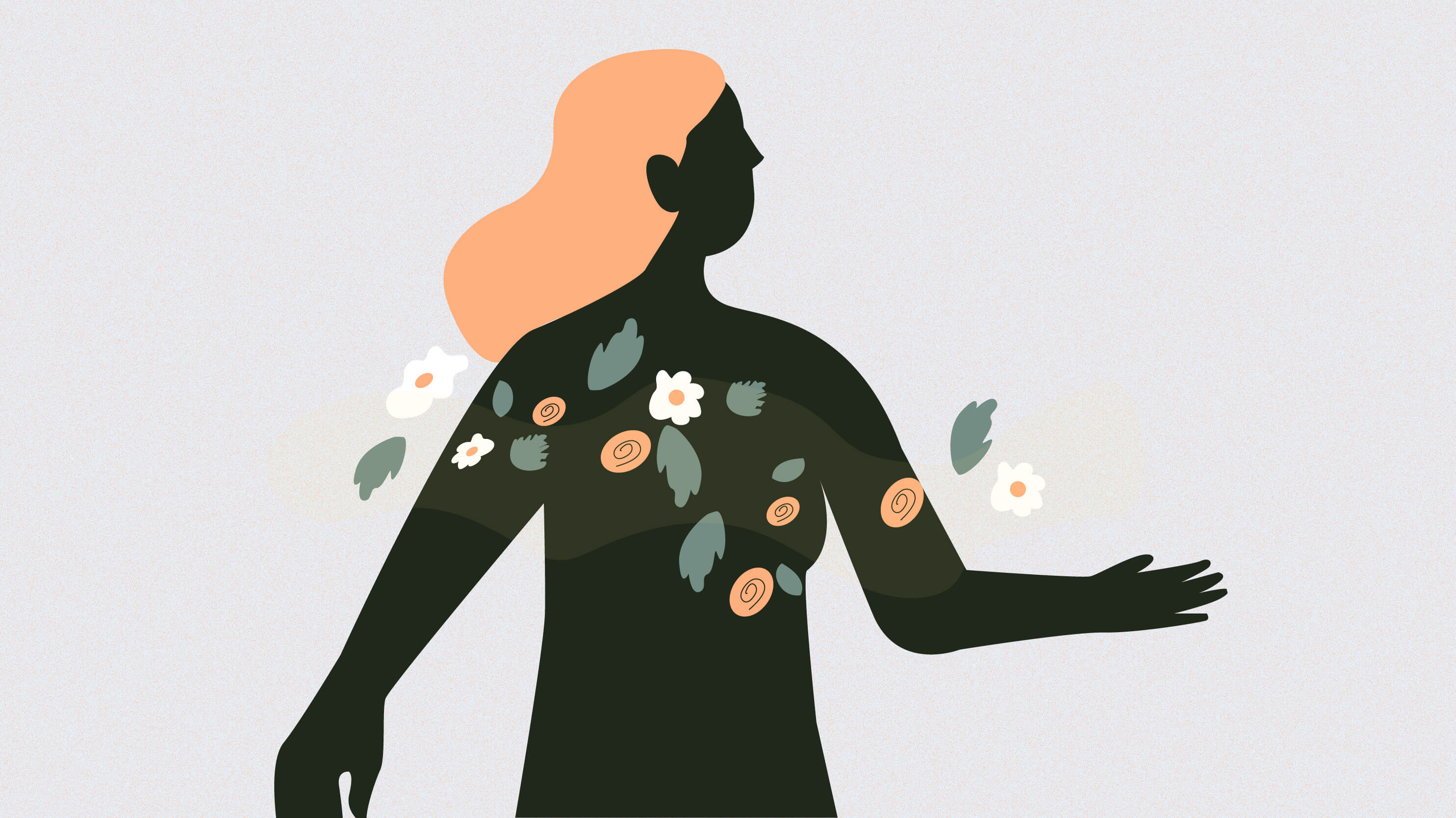Women's health is not a taboo, it's an urgency

For a long time, medical studies used the male body as a universal model, disregarding the biological, hormonal, and metabolic differences inherent to women. The result? Misdiagnoses, less effective treatments, and the false belief that men and women respond to illnesses and treatments in the same way.¹
Let's Talk Data
- Women have a 50% higher risk of autoimmune diseases, yet corresponding studies are not conducted.
- In cardiovascular diseases, less than 40% of study participants are women, despite them presenting different symptoms that hinder timely diagnosis.
A clear example is endometriosis, a condition affecting 10% of women of reproductive age worldwide, but which still takes between 7 and 10 years to be correctly diagnosed (WHO, 2021). This delay is not a coincidence; it is the result of decades of medical invisibility towards the female body.
According to the WHO, there is still a significant gap in investment for studies that consider the particular needs of women (2022). In fact, the graph from the Blueprint to Close the Women's Health Gap report shows that although conditions like premenstrual syndrome, endometriosis, menopause, and maternal disorders represent 14% of the health burden in women, they received less than 1% of research investment between 2019 and 2023.
Furthermore, in 2022, only 17% of clinical studies on heart diseases disaggregated results by sex, which limits effective medical care for women (McKinsey Health Institute & World Economic Forum, 2024).²

Without this perspective, medicine will continue to offer incomplete answers, limiting access to truly effective healthcare for all.
Breaking the Silence
There are also fundamental issues we still don't talk about freely: menstruation, premenstrual syndrome, sexual health, menopause... all are still treated as taboo.
At Fertilidad Integral, we believe that understanding the female body requires specialized research. We know that for years, many medical studies overlooked the specificities of the female body, and this has had consequences in the field of fertility as well. Therefore, one of our objectives is to thoroughly understand every aspect that influences fertility, from the physical to the emotional. With complete information, adequate studies, and personalized attention, it is possible to build comprehensive support for those who wish to start a family.
Did You Know?
In Latin America, 1 in 3 girls does not receive adequate information before their first menstruation (UNESCO, 2021). This silence generates myths, shame, and even delays in seeking medical attention. Talking about women's health is not just an individual issue: when a woman does not access adequate care, her well-being and that of those around her are affected. Taking care of ourselves, informing ourselves, and demanding more equitable medicine is also about taking care of ourselves.
Let's change the narrative; let's make an effort to understand fertility as an expression of integral health. At Fertilidad Integral, we offer personalized support, from diagnosis to treatment, always respecting your time, your decisions, and the story behind them. We work with professionals who accompany fertility and reproductive health processes with empathy, science, and humanity. Because we believe that when the body feels heard, it also feels better.
References:
¹ Maldita.es. (2021, March 27). Sí, tradicionalmente la ciencia ha probado los fármacos mayoritariamente en hombres y animales macho (y eso repercute en la salud de las mujeres). Maldita.es - Periodismo Para Que No Te la Cuelen. https://maldita.es/malditateexplica/20210327/si-tradicionalmente-la-ciencia-ha-probado-los-farmacos-mayoritariamente-en-hombres-y-animales-macho-y-eso-repercute-en-la-salud-de-las-mujeres/
² World Economic Forum and McKinsey Health Institute. (2025, January 21). Blueprint to close the women's health gap: How to improve lives and economies for all. Retrieved from https://www.mckinsey.com/mhi/our-insights/blueprint-to-close-the-womens-health-gap-how-to-improve-lives-and-economies-for-all







